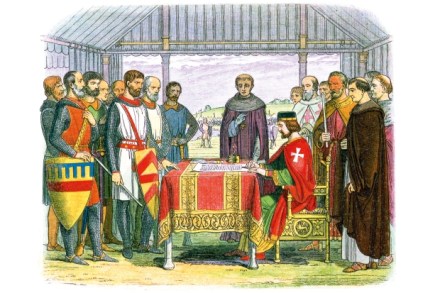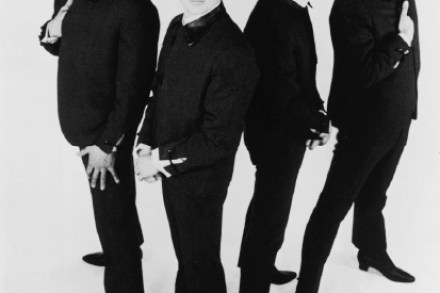Just sign here…
This being the 800th anniversary of the signing of Magna Carta, it is not surprising that there should be two new biographies of King John; not surprising either that one should be billed as ‘The Making of a Tyrant’, the other as a story of ‘Treachery’ and ‘Tyranny’. King John has long been regarded as


















